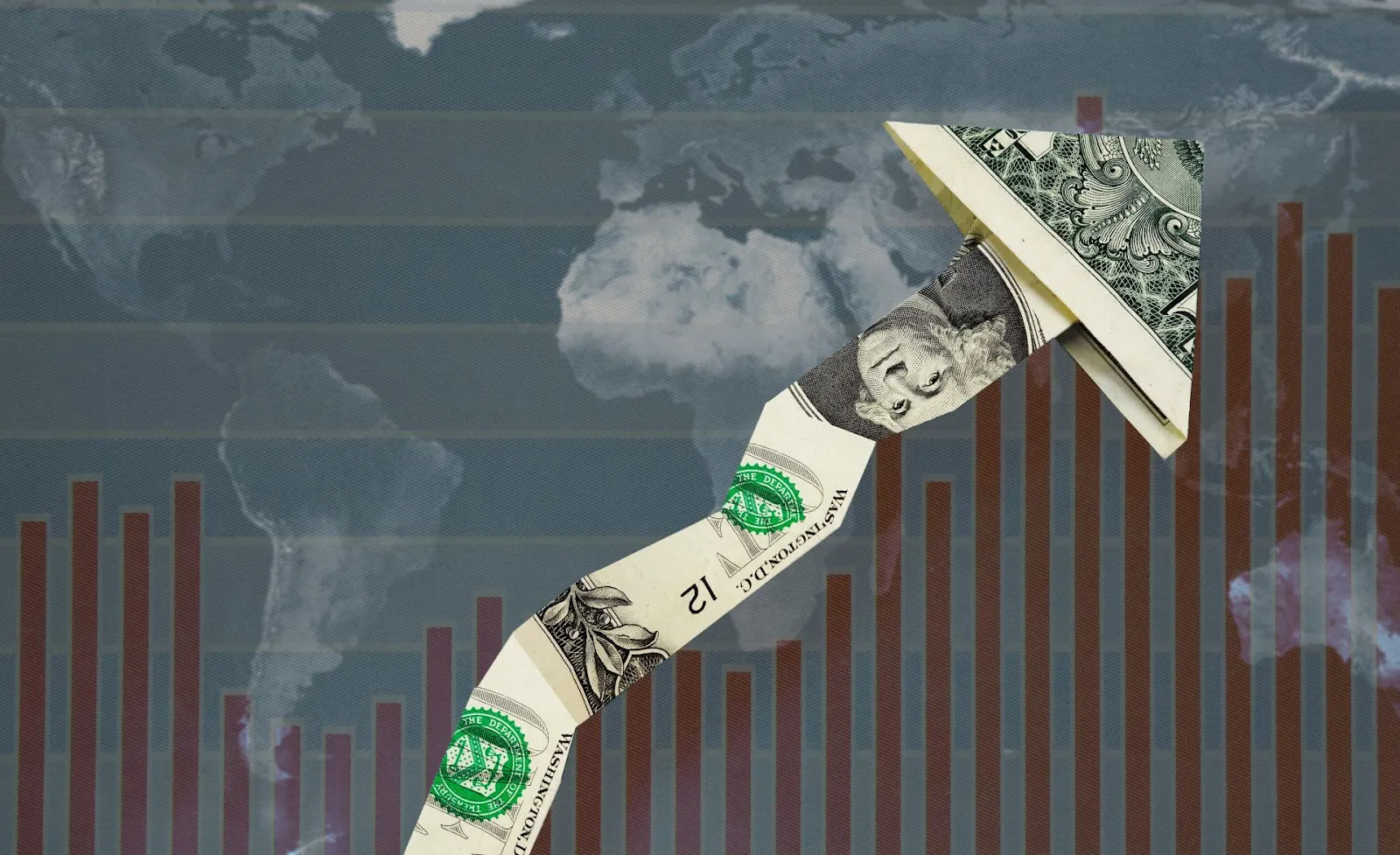According To Market Veteran Ed Yardeni, The Bond Market Is Warning That Something Is Wrong And The Fed Has Done Too Much
According to the market veteran Ed Yardeni, inverted yield curves frequently indicate a coming credit crunch.
While a widespread lending shortage is unlikely, the Fed should refrain from raising interest rates any further.
The bond market also indicates that investors are betting on inflation rates to moderate.
According to Ed Yardeni, the bond market is flashing a warning sign that the financial system is in trouble, with bondholders continuing to bet on future turmoil.
This should have an impact on the Federal Reserve's next moves, he says, potentially limiting further interest rate hikes.
"Whenever the yield curve turned negative in the past, that was always a precursor to something blowing up in the financial system," the market veteran explained. "This resulted in a credit crunch — an economy-wide credit crunch, in which even good borrowers couldn't get money — and, in turn, a recession."
When the yield on a shorter-term bond exceeds the yield on a longer-term bond, it indicates that investors expect interest rates to fall in the future, which is often a sign of a coming recession.
This is currently the case, with the 2-year Treasury yielding 3.82% compared to the 10-year Treasury yielding 3.31%. And earlier this year, the spread between the two notes narrowed to its narrowest in four decades.
However, while the bond inversion indicates a continued retreat from long-term investing, particularly in the aftermath of March's banking turmoil, Yardeni contends that the current situation is insufficient to force a broad credit crunch.
This could be due to lending facilities set up for banks following the failure of Silicon Valley Bank to reduce the possibility of a larger financial contagion, which has allowed institutions to continue lending.
Instead, he believes the negative yield curve should signal to the Fed that it should stop raising interest rates further.
According to him, bond markets indicate that the central bank's current rate of 5% is restrictive enough and that any further increases risk worsening the situation and causing a hard landing.
"I believe the bond market is also expressing confidence that inflation will moderate," he added. "I mean, nobody's going to buy bonds at 3.5 percent if they think inflation is going to fall."
Yardeni is not alone in assuaging concerns about a credit crunch, as Fed President James Bullard described the situation as improving. However, he believes that interest rates should continue to rise to combat resilient inflation rates.

Subscribe to our newsletter!
As a leading independent research provider, TradeAlgo keeps you connected from anywhere.








